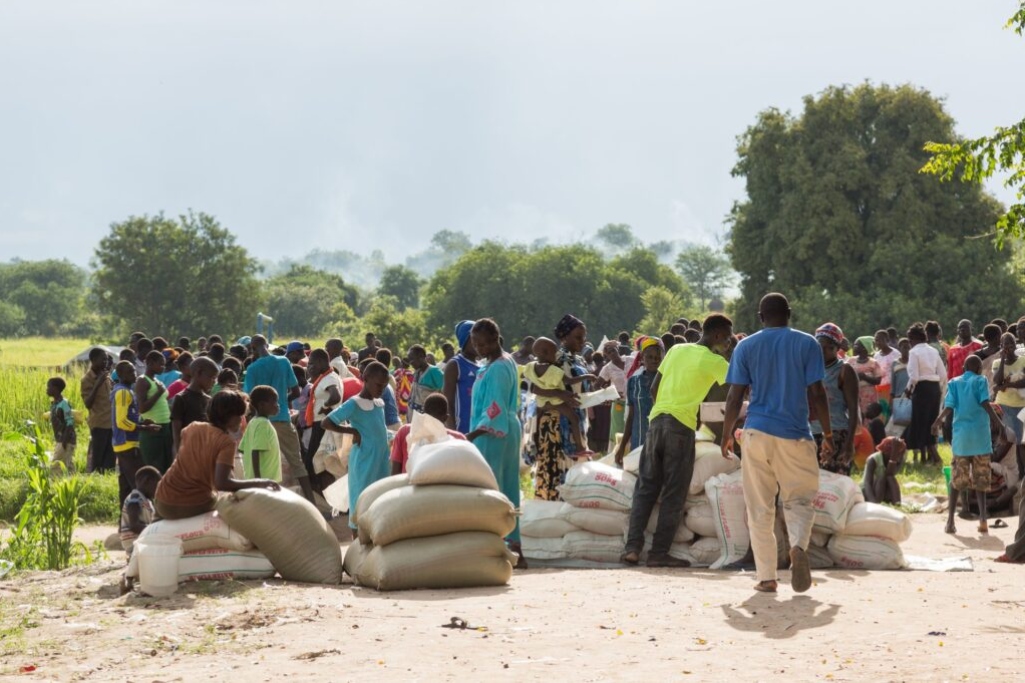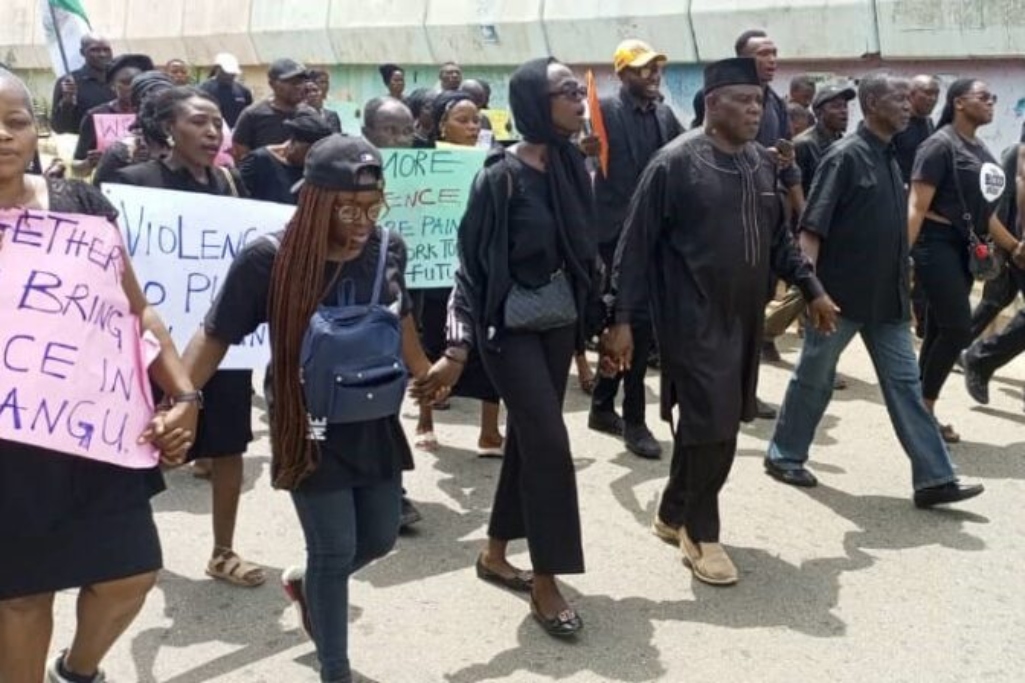
An estimated 5.4 million people have been displaced, most of them internally, due to the current conflict in Sudan. More than 1 million have traveled to bordering countries in search of refuge.
KHARTOUM, Sudan (BP) – A return to Sharia Law might be in store for Sudan as civil war nears its 10th month there, the U.S. Commission on International Religious Freedom (USCIRF) said in its latest Fact Sheet on the Sahel Region of Africa.
The Sudanese Armed Forces under the country’s transitional leadership of General Abdel Fattah al-Burhan has recruited thousands who worked as intelligence operatives of former pro-Islamic President Omar al-Bashir, USCIRF said, raising concerns among Christians that al-Burhan has hopes of establishing Sharia Law.
Christian persecution eased when al-Bashir was overthrown in 2019, but a transitional government aimed at establishing democracy has been in jeopardy since civil war began in April between the Sudanese Armed Forces and the Rapid Support Forces paramilitary group under the leadership of General Mohamed Hamdan Dagalo.
“After the fall of the Bashir government, the transitional government granted Muslim and Christian groups some important freedoms, earning praise and support from the U.S. government,” USCIRF said. “However, the outbreak of new conflict in April 2023 within the state security apparatus has severely diminished any possibility of safe, open religious practice in Sudan.”
Sudan’s deterioration is part of a recent political trend across the Sahel, including Mali, and Niger, where armed forces attacked an already weak national government and established a military coup. The new under-resourced state is supported by external forces, including the Russian-backed Wagner Group, to confront “extremist elements.” While cracking down on violent extremists, the new government uses accusations of extremism as a pretext for suppressing religious minorities, the fact sheet says.
“The state then begins to perpetrate religious freedom violations in the campaign against violent extremist groups,” USCIRF said. “At the same time, competing ethnic and religious groups which historically distrusted one another may take sides for or against the new government, change alliances, or form armed auxiliary units to survive. This posturing may result in further effects on individuals’ freedom of religion or belief.”
Eric Patterson, president of the Religious Freedom Institute, said the trend shows the connection between international religious freedom and U.S. international governmental relations.
“For those who say that issues of religious freedom and human rights are somehow tertiary, or fourth- or fifth- or sixth-tier things,” Patterson said, “what we see in this region (is) how closely intertwined (are) issues of religious identity, issues of religious political systems, and how closely these are tied to national security imperatives, both for the people on the ground and for our United States allies.”
Patterson was a panelist in a conversation USCIRF hosted Nov. 9 on religious freedom in the Sahel.
Across the Sahel, “the presence of insurgent groups, ethnic and religious conflict, and the continual intervention of military actors in politics have a direct impact on religious communities,” USCIRF said.
During al-Bashir’s regime which spanned 20 years, USCIRF considered Sudan a Country of Particular Concern for religious freedom violations, denoting “systemic, ongoing and egregious” violations. USCIRF downgraded Sudan to its Special Watch List of countries to be monitored in 2019, and removed the country altogether from its list of religious freedom violators in 2020. But the overthrow of the transitional government in April represents “grave threats to religious freedom” there, USCIRF Vice Chairman Frederick A. Davie said in a Nov. 9th conversation.
Sudan suffered decades of civil wars that began in the mid-20th Century before the country split in 2011, establishing Sudan as a majority Muslim north and a majority (60.5 percent) Christian South Sudan. Christians comprise about 5.4 percent of Sudan’s 48 million people.
(EDITOR’S NOTE – Diana Chandler is Baptist Press’ senior writer.)


